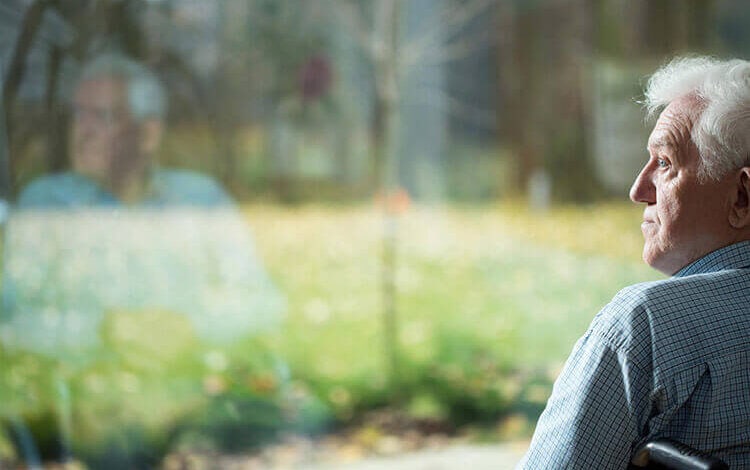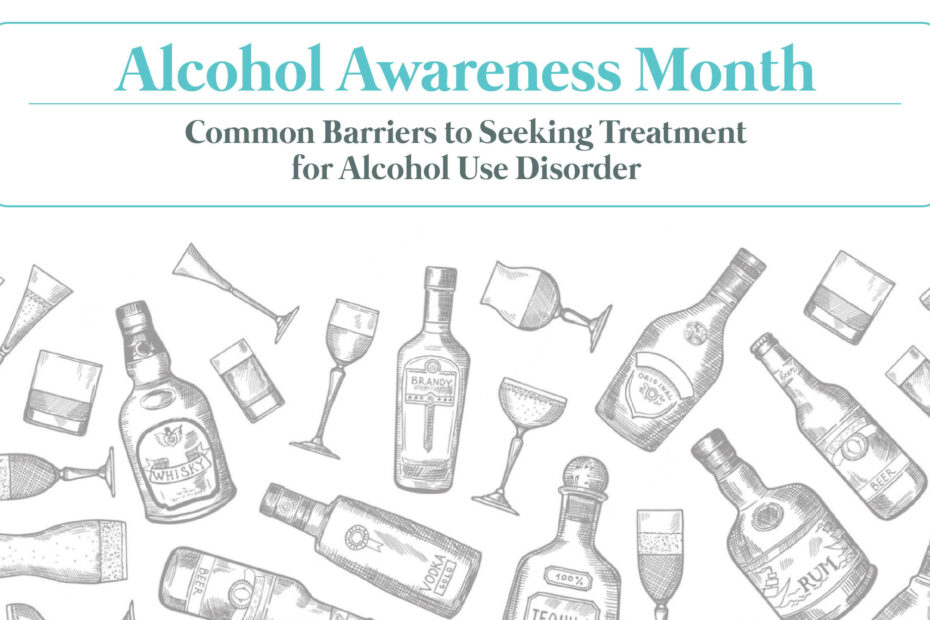Six Strategies to Cope With Loneliness in a Seemingly Connected World. In modern life, we’ve grown increasingly reliant on technology and social media to communicate with other people. In fact, technological advances have been blamed for slowly changing our face-to-face interactions. Nowadays, we might spend hours scrolling through our Instagram feed or posts on Facebook, but cringe at the thought of picking up a phone and calling to see how a friend or family member doing. Such technological advances have made us more connected than ever; however, ironically, we’re feeling even more alone and disconnected.
Young Adults are the Loneliest of All Age Groups
Loneliness has become a substantial public health problem in the United States. Just about anyone can feel lonely —males and females, young or old, rich or poor. And in the last few decades, it seems that our loneliness has worsened.
A recent national survey by Cigna and Ipsos examined the effect of loneliness in the U.S. and found that more than half of adults in the U.S. reported being ‘sometimes or always alone.’ Using the UCLA Loneliness Scale, a measure of subjective feelings of loneliness and social isolation, the survey evaluated loneliness in more than 20,000 American adults.
They found that:
- Twenty percent of Americans reported ‘rarely or never’ feeling close to other people.
- Loneliness was higher in people who lived alone, compared to those who were living with others.
- Social media is (not entirely) to blame. In the survey, heavy social media usage alone did not predict greater loneliness compared to people who never used social media.
- Youngsters aged 18 to 22 years were the loneliest among other age groups.
The Link Between Loneliness and Physical Health
Feeling lonely or stress activates the stress response, which can wreak havoc on a person’s physical and mental health. An April 2018 study published in the journal Psychological Medicine examined data from 2,232 people in Britain.
The study, which aimed to evaluate the relationship between participants’ childhood experiences and feelings about their own health, revealed that ‘lonelier young adults’ were more susceptible to suffer from mental problems. In addition, they had a greater risk of indulging in negative strategies to deal with stress.
The negative health effects of loneliness were confirmed by yet another study, which was published by Nicole K. Valtorta, Ph.D., and colleagues. The researchers examined the association between older adults’ use of health services and the different aspects of their social relationships (i.e., loneliness, lack of social support, social isolation).
They found that people who lacked social relationships or who had low levels of support were more likely to face health-related issues, including coronary heart disease and stroke. Other studies have found that feelings of disconnection can lead to serious health consequences, including an increased risk of premature death due to cancer, cardiovascular disease, respiratory illnesses and other medical conditions.
Mental disorders associated with loneliness
Although loneliness is not a mental health diagnosis, studies have demonstrated that loneliness can increase levels of the main stress hormone cortisol. Feeling lonely can also contribute to inflammation in the body, increase cortisol in the body and lead to a disconnect between the mind and body.
Sometimes, loneliness can also be a sign of a more serious mental health condition such as:
- Anxiety
- Suicide
- Depression (i.e., depressive disorders)
- Substance abuse or addiction
- Obsessive-compulsive disorder (OCD)

Strategies to Combat Loneliness
Due to the toxic physical and mental health effects of loneliness, it is important that we take steps to connect with others and engage in meaningful relationships. Here are six ways you can combat loneliness:
1. Interact with family and friends: Our loved ones often provide us with support, especially in times of need. Having regular contact with friends and family members provides us with an opportunity to experience positive social connections and relationships.
2. Exercise: Research shows that people who exercise regularly are ever less likely to feel lonely as compared to others. Physical activity can also do wonders for dealing with anxiety and stress.
3. Carve out time for yourself: Taking some ‘me time’ by being creative, self-care or pampering oneself can be helpful for reducing depression and anxiety that results from loneliness.
4. Getting enough sleep: Chronic lack of proper sleep may contribute to mental problems like depression and anxiety. By ensuring that we get enough sleep, we can help rejuvenate the body and brain.
5. Show gratitude: An attitude of gratitude can help us get through difficult times. Rather than taking on the victim mentality, gratitude can help us reframe situations in life by teaching us the grace and beauty of other people and the world around us.
6. Animal therapy: A guided communication between a trained pet (most often dogs or horses) and a lonely individual is a proven strategy for decreasing loneliness as well as improving our relationships and reducing anxiety.
Seek Professional Help for Loneliness Woes
At times, loneliness can be a symptom of an underlying mental disorder such as depression. If loneliness persists for a long time and self-help does not seem enough to work, it may be time to approach a therapist or another mental health professional who can help you recover from your problem.
At AKUA Mind & Body, we take a psychodynamic approach in treatment to help our clients restore healthy familial relationships and provide ongoing support after treatment to help our clients have success. We understand the depths of loneliness. To combat the negative effects of disconnection, we encourage our clients to engage in group therapy and ongoing peer support. Call our 24/7 helpline for more information about our mental health treatment programs for men and women.
24/7 ADMISSION HELPLINE 888-629-6707




